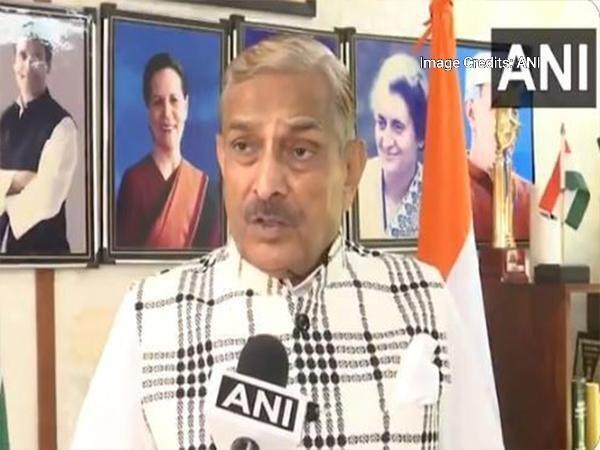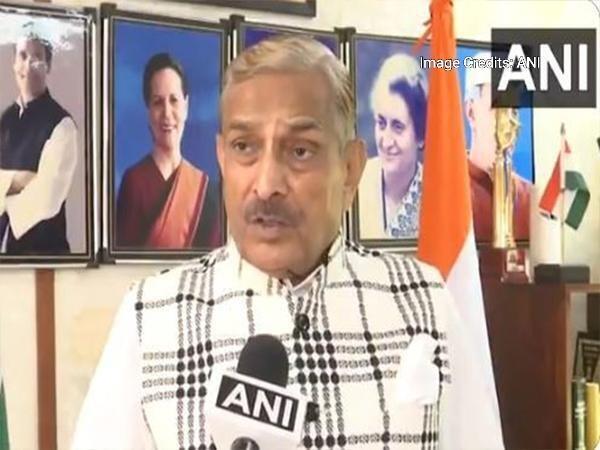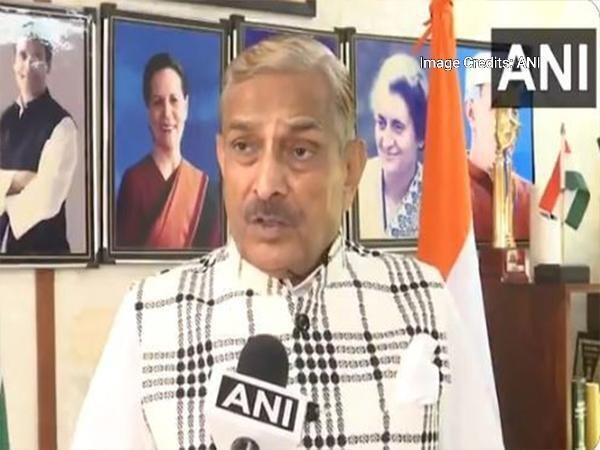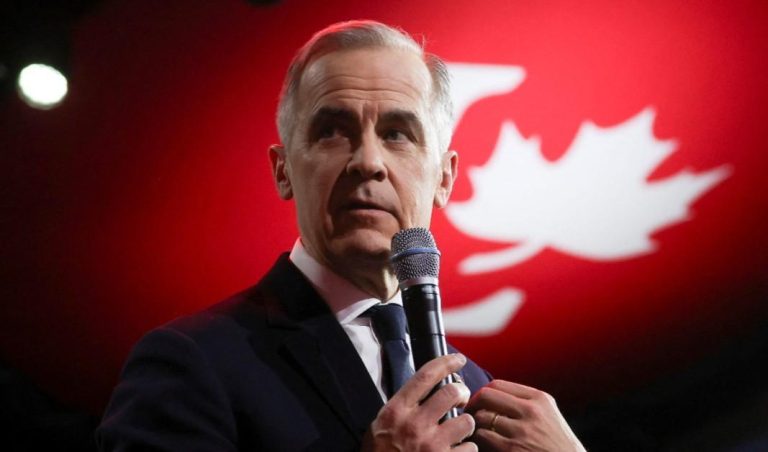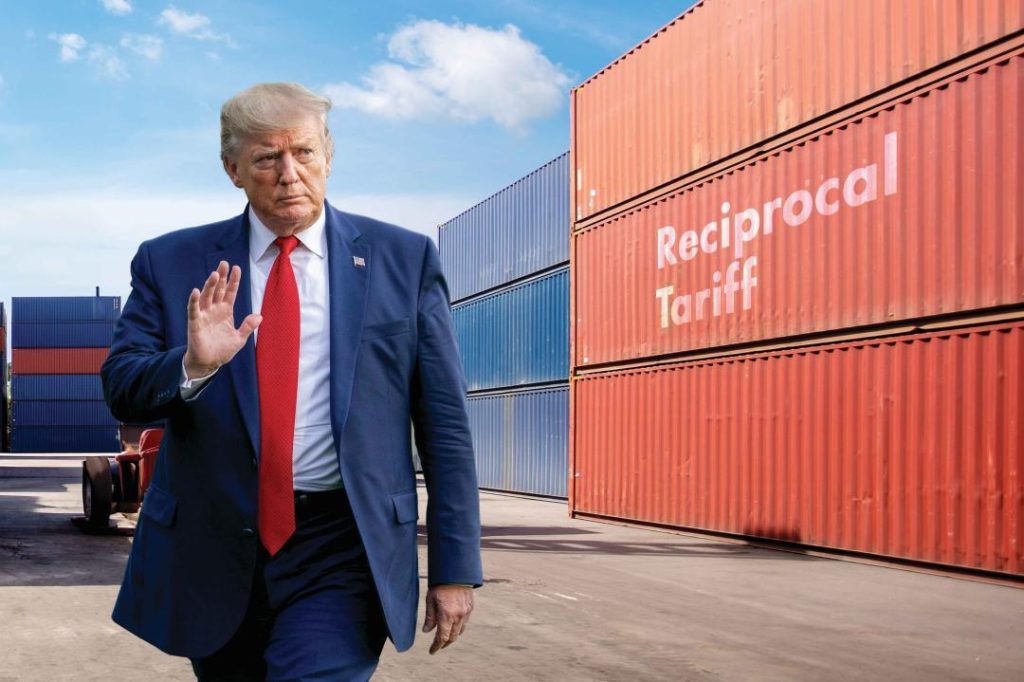
The Great Tariff War: Disruption, Diplomacy, & the Future of Trade
The world is bracing itself for another round of tariffs, as the United States and China continue to engage in a high-stakes trade war. The latest move by the US, imposing tariffs on $300 billion worth of Chinese goods, has sent shockwaves across the globe. Amidst this backdrop, India is emerging as an attractive alternative to China, presenting an opportunity for the country to strengthen its position as a global manufacturing and logistics hub.
The tariff war, which began in 2018, has been marked by a series of tit-for-tat measures, with both countries imposing tariffs on each other’s goods. The latest announcement by the US comes amid ongoing trade negotiations with China, aimed at reaching a bilateral trade agreement targeting a $500 billion trade goal by 2030. However, the negotiations have been slow-going, and the US has grown increasingly frustrated with China’s reluctance to make concessions.
The implications of the tariff war are far-reaching. For one, it has disrupted global supply chains, leading to increased costs and uncertainty for businesses. The World Trade Organization (WTO) has estimated that the trade tensions have already led to a decline in global trade, with the volume of international trade falling by 1.2% in 2019.
Another significant impact has been on the economies of countries closely tied to the US and China. The US-China trade war has led to a decline in exports from countries such as Japan, South Korea, and Taiwan, which rely heavily on trade with both nations. In contrast, countries like India, which have a more diversified trade base, have been able to weather the storm better.
India’s Emergence as a Global Player
India’s emergence as an alternative to China is a significant development in the context of the tariff war. The country’s manufacturing sector has been growing rapidly, driven by initiatives such as Make in India and the Goods and Services Tax (GST). India’s logistics infrastructure has also been improving, with the government investing heavily in port and rail projects.
Industry experts believe that India’s emergence as a global manufacturing and logistics hub presents an opportunity for the country to capitalize on the disruption caused by the tariff war. “India has a unique advantage in terms of its geographic location and business-friendly policies,” said Ramesh Pathania, a trade expert. “With the right investments in infrastructure and logistics, India can become a major player in global trade.”
India’s strengths in textiles, pharmaceuticals, and automotive manufacturing make it an attractive option for companies looking to diversify their supply chains. The country’s logistics sector is also well-positioned to benefit, with several major players investing in the country.
Diplomacy and the Future of Trade
The tariff war has also highlighted the importance of diplomacy in international trade. The US-China trade talks, which have been ongoing for months, have been marked by a series of setbacks and false starts. The US has accused China of reneging on its commitments, while China has retaliated by accusing the US of being inflexible.
The outcome of the trade talks will have significant implications for the global economy. A successful agreement could lead to a boost in trade and economic growth, while a failure could lead to a prolonged period of uncertainty and disruption.
In the meantime, countries like India are positioning themselves to benefit from the shift in global supply chains. The country’s emergence as a global manufacturing and logistics hub presents an opportunity for India to strengthen its position in international trade.
Conclusion
The tariff war between the US and China has sent shockwaves around the world, disrupting global supply chains and economies. Amidst this backdrop, India is emerging as an attractive alternative to China, presenting an opportunity for the country to strengthen its position as a global manufacturing and logistics hub.
As the world waits with bated breath for the outcome of the US-China trade talks, India’s emergence as a global player presents a silver lining. The country’s strengths in manufacturing and logistics, combined with its business-friendly policies and geographic location, make it an attractive option for companies looking to diversify their supply chains.
Ultimately, the future of trade will depend on the ability of countries to come together and negotiate agreements that benefit all parties involved. The tariff war has highlighted the importance of diplomacy in international trade, and India’s emergence as a global player presents an opportunity for the country to play a key role in shaping the future of trade.
Source: https://www.logisticsoutlook.com/supply-chain/the-great-trump-tariff-war
